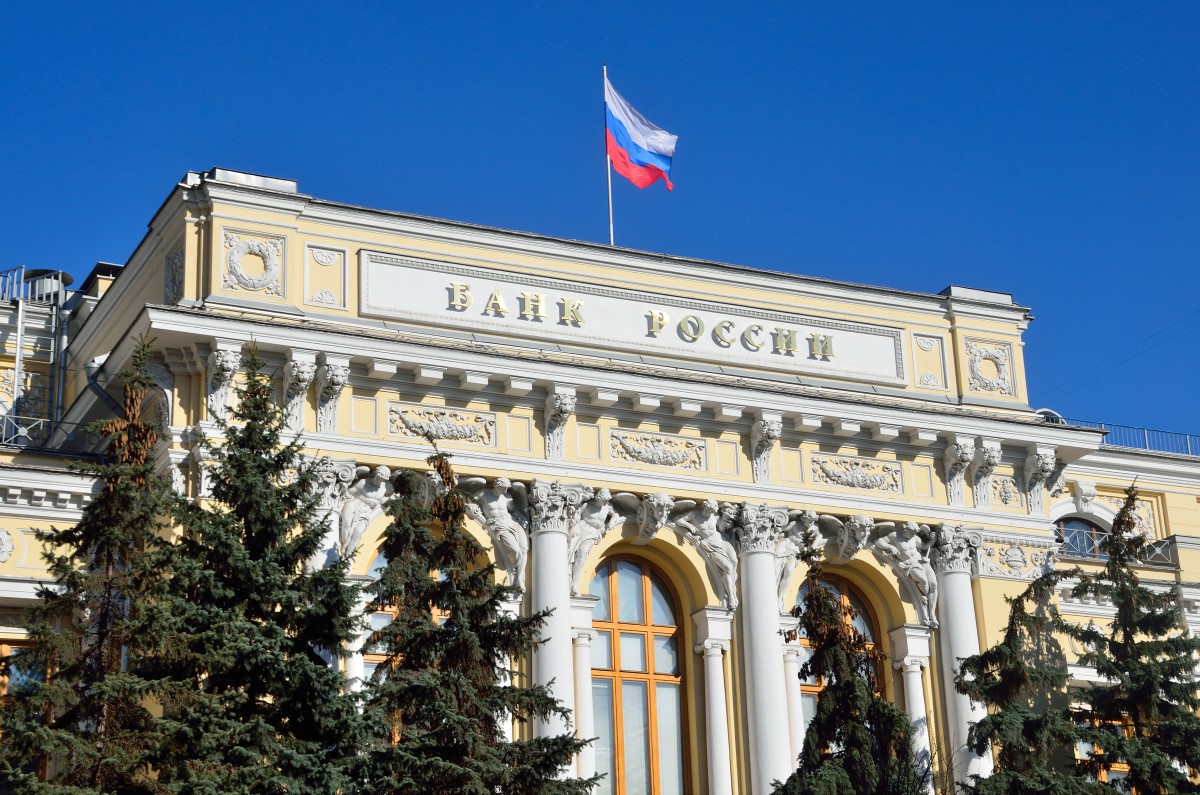The debate on central banks keeping all or at least half of their gold reserves in their territory has long been around. The conflict between Venezuela and the United Kingdom has brought this debate back to the foreground.
According to Small Caps, the Australian financial medium, the leading example cited for supporters to maintain gold reserves on the country’s territory is China.
The People’s Bank of China, the country’s central bank, has an official figure of 1,948.3 tons of gold. This was as of May 31, 2020. However, many analysts suspect that the real number is much higher. China guards all of these gold reserves within its territory.
The exact place where the country’s gold reserves are is unknown. However, people speculate about two possible locations. One of them is China’s central bank’s vaults in Beijing. Yet another is someplace the People’s Liberation Army controls. They are possibly distributed between both locations.
Bank of England against Venezuelan president Nicolás Maduro
At present, it is a risk to keep the gold reserves of a country guarded outside its borders. Recently, the Supreme Court of the United Kingdom decided to grant ownership of around $1 billion in Venezuelan gold deposited in the Bank of England, to the Venezuelan opponent politician, Juan Guaidó, instead of the Government of Nicolás Maduro. It has again brought about the discussion on the repatriation of gold reserves.
The conflict primarily affects the Bank of England, since it is the second-largest world entity that guards gold, after the Federal Reserve of New York. In its vaults, there is a collection gold that numerous central banks own.
One of them is Australia. The Bank of England guards 99% of the 80 tons of gold owned by the Reserve Bank of Australia. The reason that drives countries to entrust their gold to England is the ease with which they can move the metal. London is one of the leading world centers of gold trade.
Thus, if a country wants to return on its gold reserves, it only has to give the Bank of England the order to put it on the market. It can be done very quickly by being physically located in London.
However, more and more countries are suspicious of this custody system. Issues, such as that of Venezuelan gold, do not precisely contribute to reassuring depositors.
In recent years, the number of central banks that have repatriated most of the gold they had guarded outside their borders has multiplied.
The global financial system’s fragility and the possibility of it going into crisis have caused the current threat.
One of the most notable examples of these gold reserve repatriation programs was the German Bundesbank between 2012 and 2017. It transferred of the gold that was deposited in Paris and New York to the vaults of Frankfurt.
According to Bundesbank spokespeople, the decision to repatriate gold sought to increase public confidence.
Other countries have followed Germany’s example and have decided to recover the gold they had deposited in different countries, especially in England.















